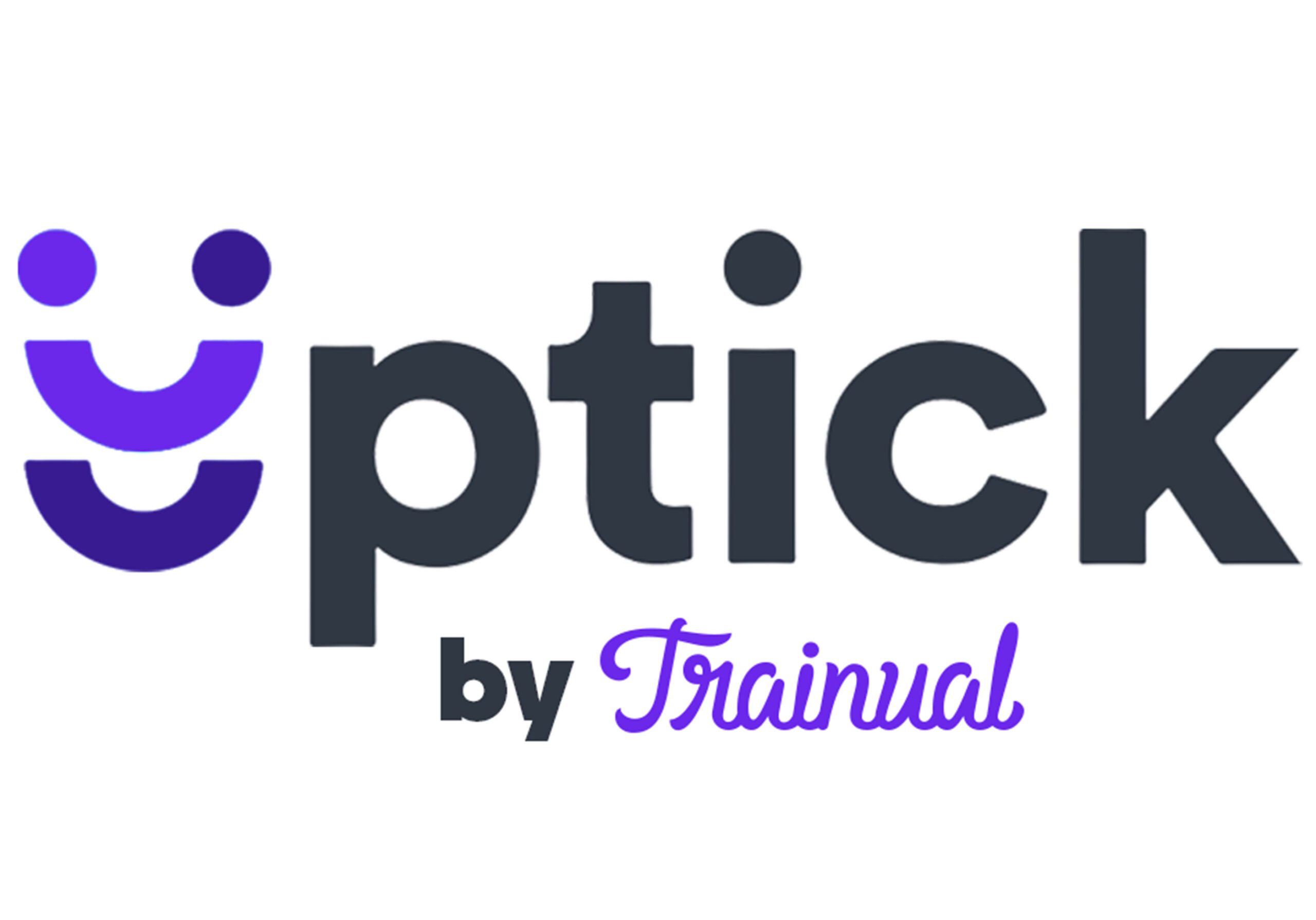Here’s some good news (remember that stuff?) for every manager: your team members want to talk to you more. It’s true, especially of your younger team members! A recent survey of millennials found that 85% would feel more confident at work if they talked to their manager about performance more often. A separate survey found that millennials want feedback 50% more than other age groups, and view their managers as their main source of development.
Sadly, managers often fail to give their teams the real-time feedback they’re craving. Maybe it’s because you’re too busy. Maybe it’s because you don’t want to seem like a micromanager, constantly hovering over your team’s shoulders. Whatever the reason, the end result is the same: workplaces where employees don’t get the praise, correction, and guidance they need.
Here’s how to turn it around and give your team the kind of real-time feedback and coaching that engages and inspires them.
What Is Real-Time Feedback?
Technically, if you walk through your office once a day and give every employee a thumbs-up or thumbs-down, it would count as “real-time feedback.” But we’re talking about the kind of interaction in which you actually connect with individuals. So for our purposes, real-time feedback means both giving and inviting feedback from team members on an ongoing basis, outside of a performance review process.
One-on-one meetings are your best opportunity to give real-time feedback because they allow for private, in-depth interaction. But not all one-on-ones meet the definition of real-time feedback. The frequency and the structure of your meetings determine their value.
Want to be a better manager with a happier, healthier and more effective team?
Sign up for a free coaching consultation with Uptick Co-founder Chris Zaugg to improve your team’s effectiveness by connecting relationally.
The Three Cs of REal-time feedback
What sets this kind of dialogue apart from simple status updates? Let’s call them the three Cs.
The core elements of valuable real-time feedback are coaching, collaboration, and cadence.
Coaching
Your team members want to grow and learn from your expertise. But without active coaching and mentorship, it’s an uphill battle. If you don’t give them chances to spread their wings, team members’ work will start to feel rote. Without challenges, even your most promising team members quickly become disengaged.
On the flip side, if you ask team members to take on new responsibilities without guidance, they’re likely to get lost. That’s obviously inefficient, since a team member shouldn’t waste hours trying to figure out something that you could simply teach them how to do.
When giving real-time feedback, you need to take time to teach team members the skills that will keep them growing toward their professional development goals. Show them your techniques, direct them to the right resources, and then let them try tasks on their own.
Collaboration
For real-time feedback to work, it has to be a two-way street. Otherwise, it’s just a miniature annual review (and nobody wants that).
Approach feedback with curiosity, not judgment. Ask questions about performance instead of assuming you already know the situation. For example, telling an employee their late work is unacceptable is certainly a form of feedback, but it’s not useful for either of you. Instead, ask why they’re struggling to get work in on time. Ask how you can help them, and be receptive to their ideas. When your team members trust you enough to offer candid feedback, they’ll likely point out inefficiencies that you would never have spotted yourself.
Cadence
As you’ve probably figured out, real-time feedback requires frequent meetings in order to work. If you’re only checking in once a month, it’s probably not enough. The longer you wait between check-ins, the farther off track your team members can get. But by engaging with team members frequently, you address little problems before they become big ones. Just as important, you’re constantly affirming to each team member that they’re a priority and you’re invested in their work.
The data backs up the value of a high cadence of feedback. A 2019 WorkHuman study found that when workers checked in at least weekly, they were over twice as likely to trust their manager and five times less likely to be disengaged. Those numbers go up with the frequency of check-ins. Of employees who described themselves as “highly engaged,” 32% met with their manager monthly, while 47% met weekly.
We’ve written before about how important it is to keep a consistent, frequent cadence of feedback. But managers often worry that they don’t have time for all these meetings. It’s true—the cadence of real-time feedback can seem daunting at first. But, in the end, it’s a time-saver for managers and teams.
Small meetings and slight course corrections are much easier than fixing big mistakes or saving damaged relationships.
And the more you coach your team members, the better equipped they’ll be to work independently.
The Benefits of Real-Time Feedback for Your Team
It’s easy for managers to forget how much their attention and approval matter to their team. But you hold their professional future in your hands, so your team is highly motivated to earn your good opinion. (And there’s a decent chance that they also like you as a human being.) Without real-time feedback, team members get anxious not knowing if you like them, appreciate their work, or understand their challenges.
They Get Clarity on Expectations
You might be shocked to know how many people on your team aren’t sure what they’re supposed to be doing.

A Gallup study found that only around half of employees worldwide are confident of what’s expected of them. Gallup recommends more frequent updates that clarify expectations to replace annual performance reviews. Moreover, they found that “[g]etting expectations right relates to better customer perceptions of service quality, productivity, retention of employees and safety,” as well as 5 to 10% increases in productivity.
They’re Better Prepared for Performance Reviews
The bedrock rule of performance reviews is that employees should never be surprised by what their manager says. But if you’re basing your review on the few highlights you can remember, there’s no way it can accurately reflect a team member’s performance.
With continuous feedback, you reduce the chance you’ll blindside your team at review time.
When a team member meets with you frequently, they can give you context for their wins and challenges. They can get ahead of mistakes before they get serious and affect standing at work. Perhaps most importantly, the notes from these meetings serve as a record managers can draw from to write their performance assessments.

You can use management software like Uptick to keep track of these notes so they’ll be close at hand and easily searchable when you need them.
(Also, not to be too forward or anything, but if you’ve gotten this far in the article, you might like tosign up for a free Uptick account today 😉)
They Get More Meaning Out of Work
There are three key ingredients to a happy, engaged team member: challenging, growth-oriented work; rich relationships; and the sense of having a voice in the organization.
Real-time feedback provides all of these things to your team. The coaching and mentorships keep them striving instead of falling into a rut. Talking with their manager builds a strong, trusting relationship. And having the opportunity to share their own feedback makes them feel heard.
Even spending a few minutes a week with each team member keeps them connected to what they value about work instead of feeling adrift.
Your Team Needs You
A thousand bumbling bosses in classic sitcoms have made the word “manager” something of a punchline, even to managers themselves. But your job is important to the people who report to you, and they need to know they’re important to you as well.
Real-time feedback is how you prove your commitment to the people you lead. It requires an investment of time and energy, but you’ll reap a harvest in the form of a motivated and committed team.
Want to be a better manager with a happier, healthier and more effective team?
Sign up for a free coaching consultation with Uptick Co-founder Chris Zaugg to improve your team’s effectiveness by connecting relationally.


